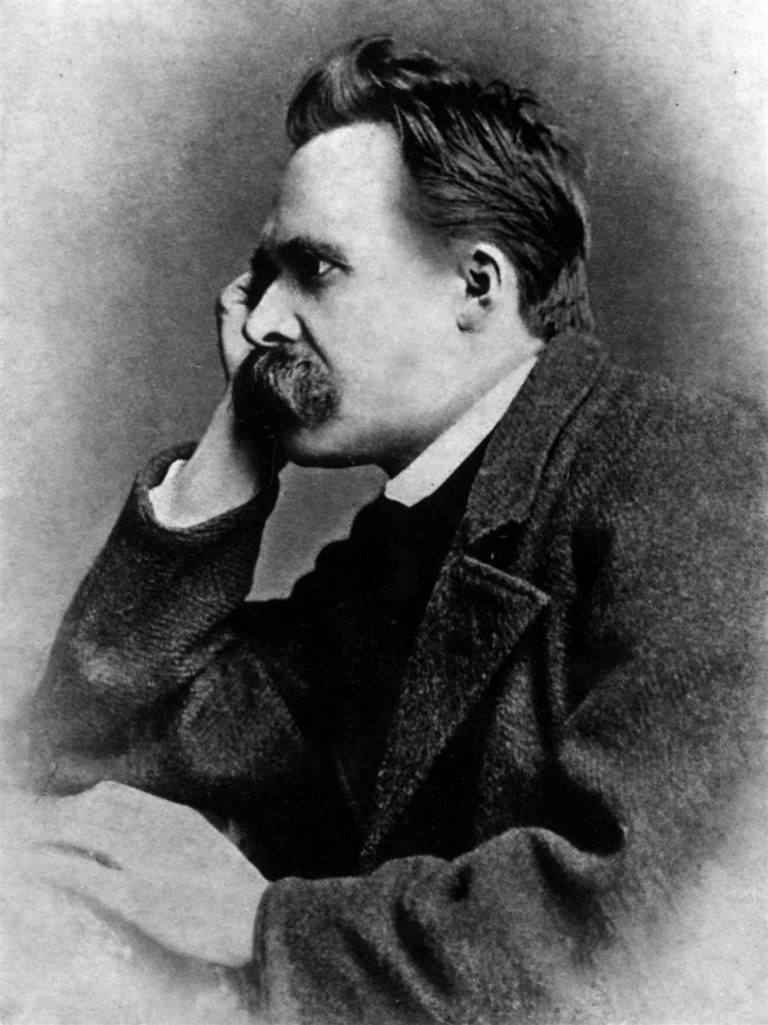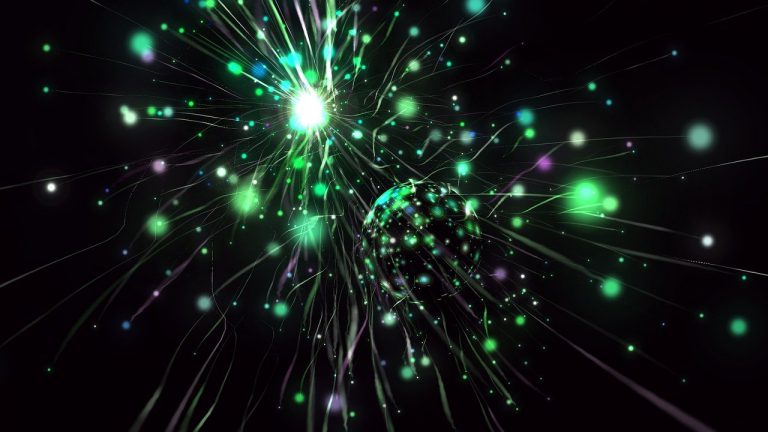
As every good existentialist knows, you are born an individual with your own innate likes and dislikes, prejudices and opinions. Very few of us, however, stop to consider that none of these innate characteristics has any value in the absence of other people. If you exist in splendid isolation amongst the greater universe then there is no value to you being an individual. It is only when we meet others that we can appreciate what it is to be ourselves.
To paraphrase Sartre, life is something that can’t be understood from the inside out because it is impossible to see your own life in its totality. Thankfully, we can study the lives of other people both alive and dead to learn as much as we can about our essential human nature and our place in the world. Thus, other people are an essential ingredient in an examined life because they will remind you of what it is to be you. As you experience them, they experience you making the cycle of learning a two-way street whether they realise it or not.
Solitude is one of the fastest ways to diminish the Ego which is why the prophets and saints of the Old Testament frequently climbed to the top of nearby mountains or disappeared into the desert for extended periods of time cleansing themselves through a combination of seclusion, fasting and ritual in order to meet with God or one of his emissaries, the most important ingredient of the entire process is isolation. It should be noted that if you want to learn about yourself then contact with other people is a must, if you want to learn about God then other people are to be avoided.
All of this simply means that a meaningful life for new existentialists is simply to be yourself, making the mindful experience of other people, other things, other places and other activities essential to personal growth especially if undertaken with a conscious awareness of ‘the unity of opposites.’ In other words, ‘good,’ has no virtue if everyone is ‘good,’ it’s only in the presence of bad actors, characteristics or deliberate malevolence that ‘good,’ has any value at all; likewise if all are ‘kind,’ then it’s equally valueless until someone comes along who is ‘unkind.’
As good existentialists we pay attention to the characteristics that we like or dislike in others as they serve to reinforce our own essential nature by acting as signposts to the type of person that we could easily become with either the right or wrong kind of push, the end result of such character building is ‘on us,’ as beautifully illustrated in the following quote from Sartre.
“Existentialism’s first move is to make every man aware of what he is and to make the full responsibility of his existence rest on him”
Sartre – Existentialism and Human Emotions
The experience of other people helps us to determine our own essence, which according to Sartre is our only real responsibility. You may feel lonely and isolated when in the midst of a very large impersonal crowd, but that is when your sense of self is actually at it’s strongest and your essence most revealed.

